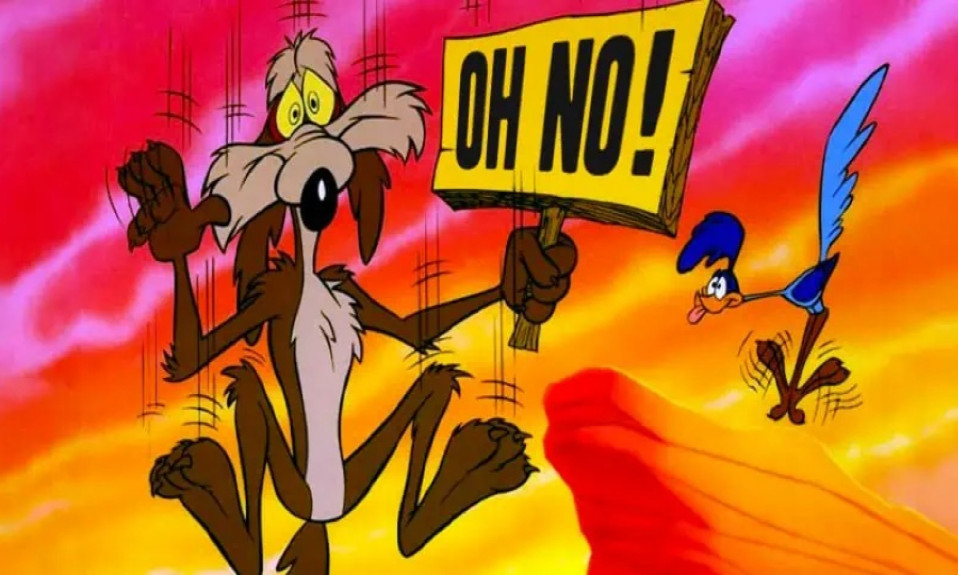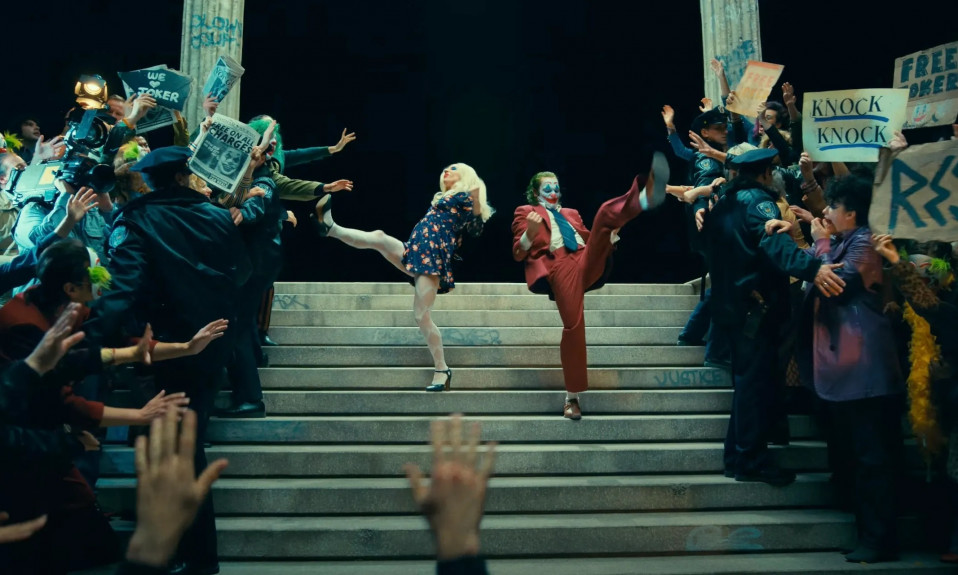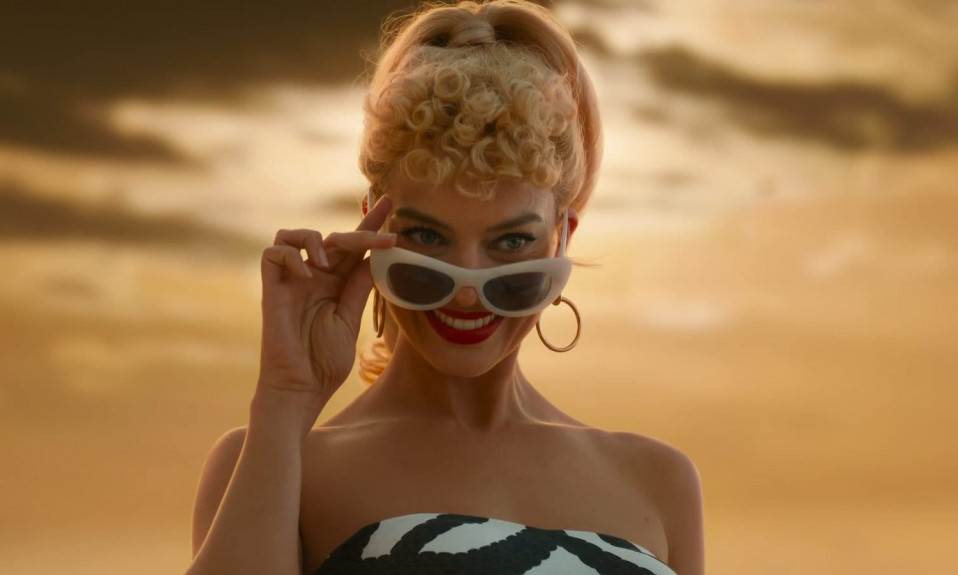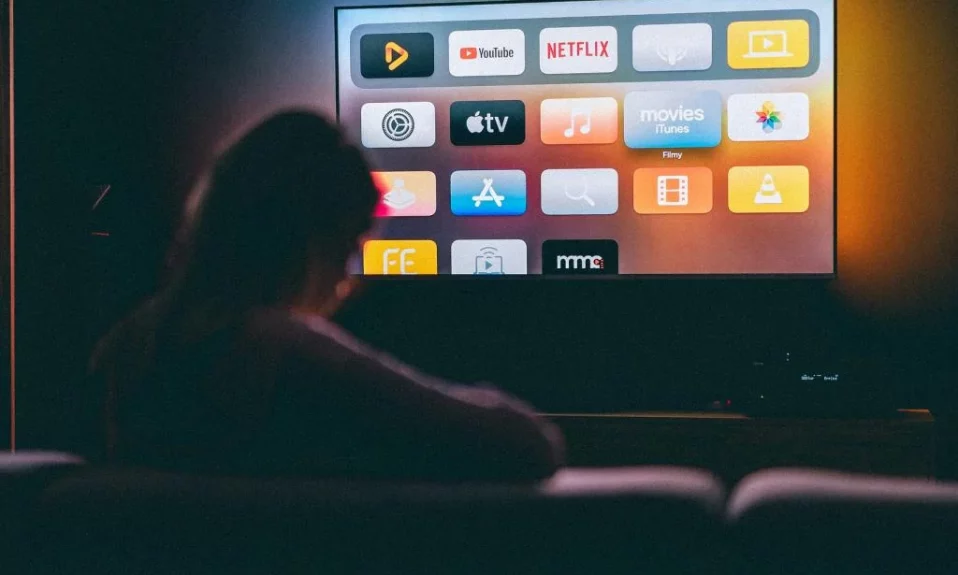Hollywood studios have seen a lot of bad PR recently. Particularly over their attitudes towards striking workers and carelessness towards media preservation. However, today we are looking at another current studio practice that has angered audiences and artists. The permanent shelving of several finished movies by Warner Bros Discovery.
We will look at the reasons why studios shelve movies and what its implications are for the industry. Firstly though let’s contextualise this phenomenon.
Warner Bros
Recently Warner Bros has made several headlines relating to the shelving of complete or almost complete films. Famously in 2022, the studio shelved Batgirl, which was almost finished. The $90 million production was intended for release on HBO Max before its release was cancelled. Then earlier in November, they shelved the animation/live-action hybrid movie Coyote vs. Acme, based on the Looney Tunes franchise. Which cost around $70 million. This film was going to be released on streaming before being upgraded to a theatrical release and then cancelled. Only allowing the filmmakers to shop the project around after significant backlash.
Why?
So why would a studio that spent so much on these films not release them? Historically studios have shelved movies to protect the studio’s image, due to internal politics like mergers, changing rights etc., or to wait for better release opportunities. Among other reasons. But Warner Bros. permanent shelving is reportedly purely financial. Warner Bros. Discovery planned to cut $3 billion in debt within two years of the merger of WarnerMedia and Discovery.
As a result, Coyote vs. Acme was shelved for a tax write-off of around $30 million. Meanwhile, Batgirl was part of a package of cuts that saw $2-2.5 billion written off.
Several factors may explain Warner Bros. decision to sacrifice these films. These films did not have comparatively big budgets but with Batgirl originally going to be released on streaming it may have been harder to make its budget back. Cinema distribution could have remedied this but the studio would have had to spend money on marketing. Which could increase costs by up to 50%. Additionally, as Batgirl has not led a live-action feature before and Looney Tunes films have struggled to make huge profits recently the studio may have feared for their box office performance. So they could have viewed the write-off money as more beneficial in the long run.
Art and Business
However, these claims do stretch credibility when we factor in a few things. Firstly considering these movies were both part of well-known franchises with big actors involved it’s easy to see them making their money back with the right amount of marketing. Some may point to the diminishing numbers for the most recent DC superhero movies and the last Looney Tunes-related feature (Space Jam: A New Legacy) as a point against releasing the films. However, Space Jam was released during the aftermath of the pandemic and the last two DC films encountered problems from bad press and releasing during a strike where union members weren’t doing marketing promotion. It’s easy to see smaller-budget films performing well given ample marketing opportunities and release territory.
Beyond the money calculations though it also raises grave questions about the trustworthiness of studios. Considering that actors and writers spent months fighting with studios for adequate recognition of their value in the industry locking away projects that many artists put a lot of hard work into, so studios can make their money back, will not encourage artists to work with Warner Bros. And it also makes a bad impression on audiences as it robs them of the chance to see something they may have wanted to see.
Conclusion
This is not the first time we have seen movies shelved for financial reasons. But these permanent shelving attempts feel more pronounced given the time in which they come.
In the aftermath of a pandemic that saw many turning to entertainment for comfort and historic strikes that saw actors and writers taking studios to task for undervaluing them for a studio to wipe away many artists’ hard work, potentially severely denting the confidence of the artists and viewers whose support they need to make and buy their projects, can’t be seen as a business-savvy move.













